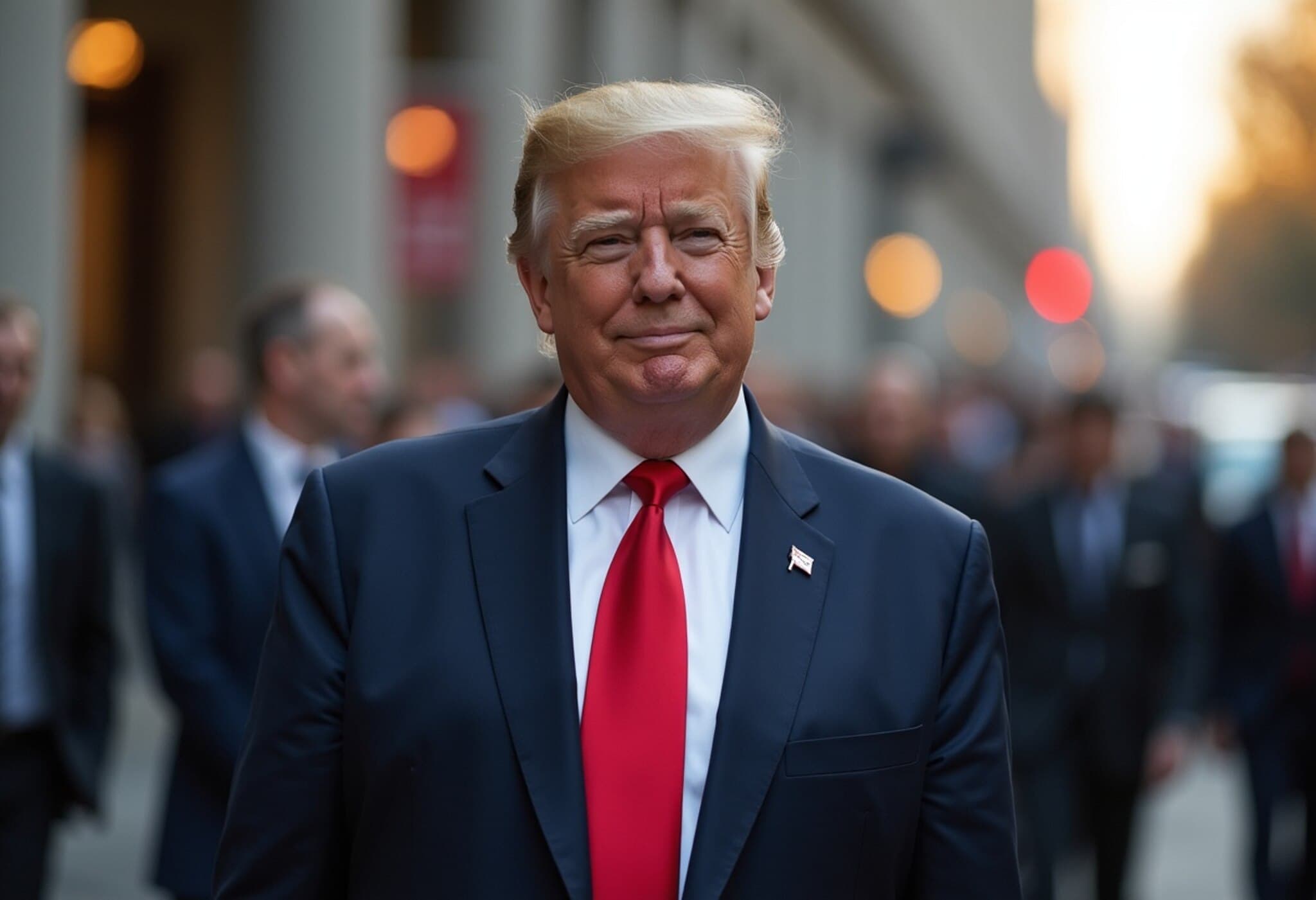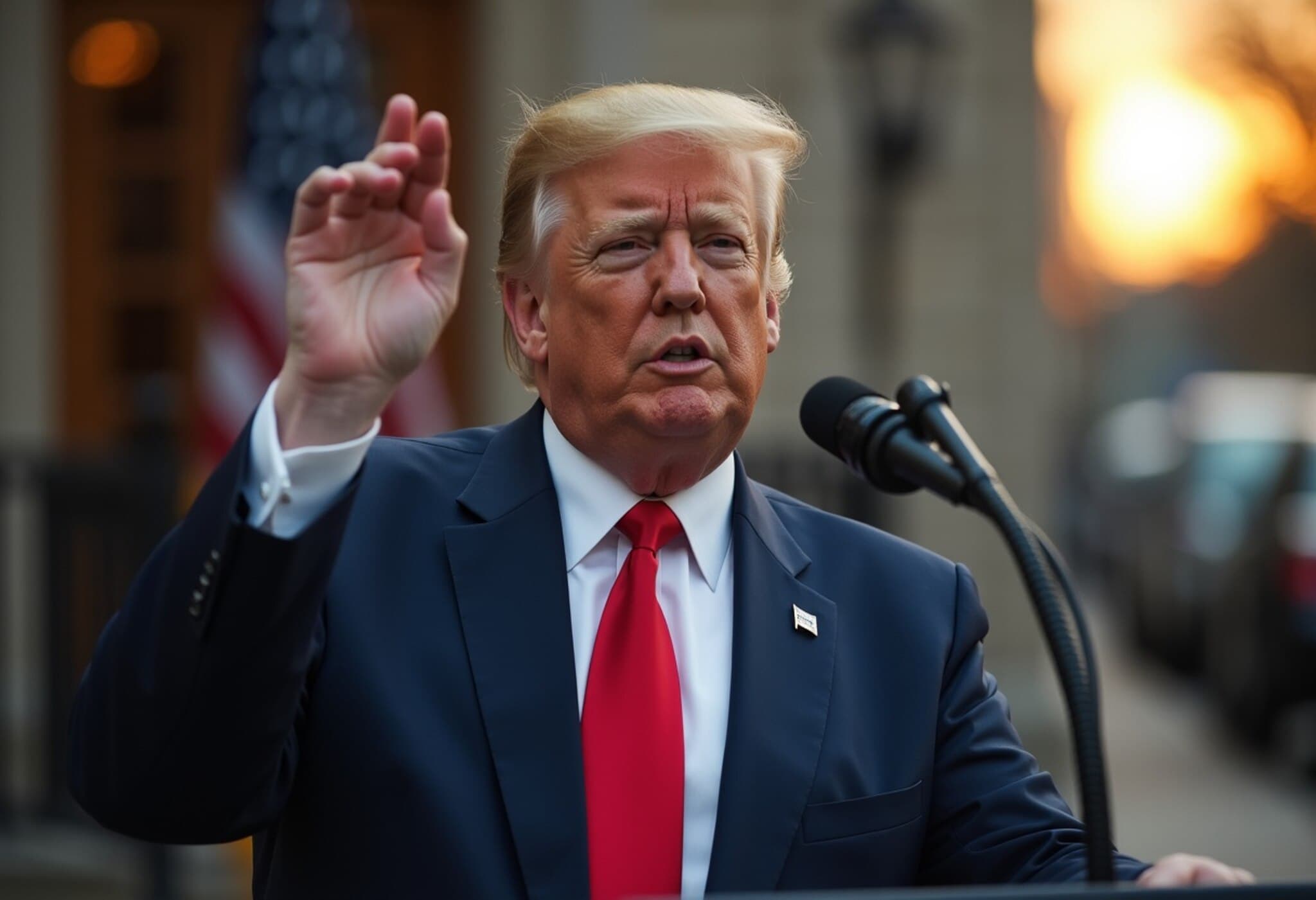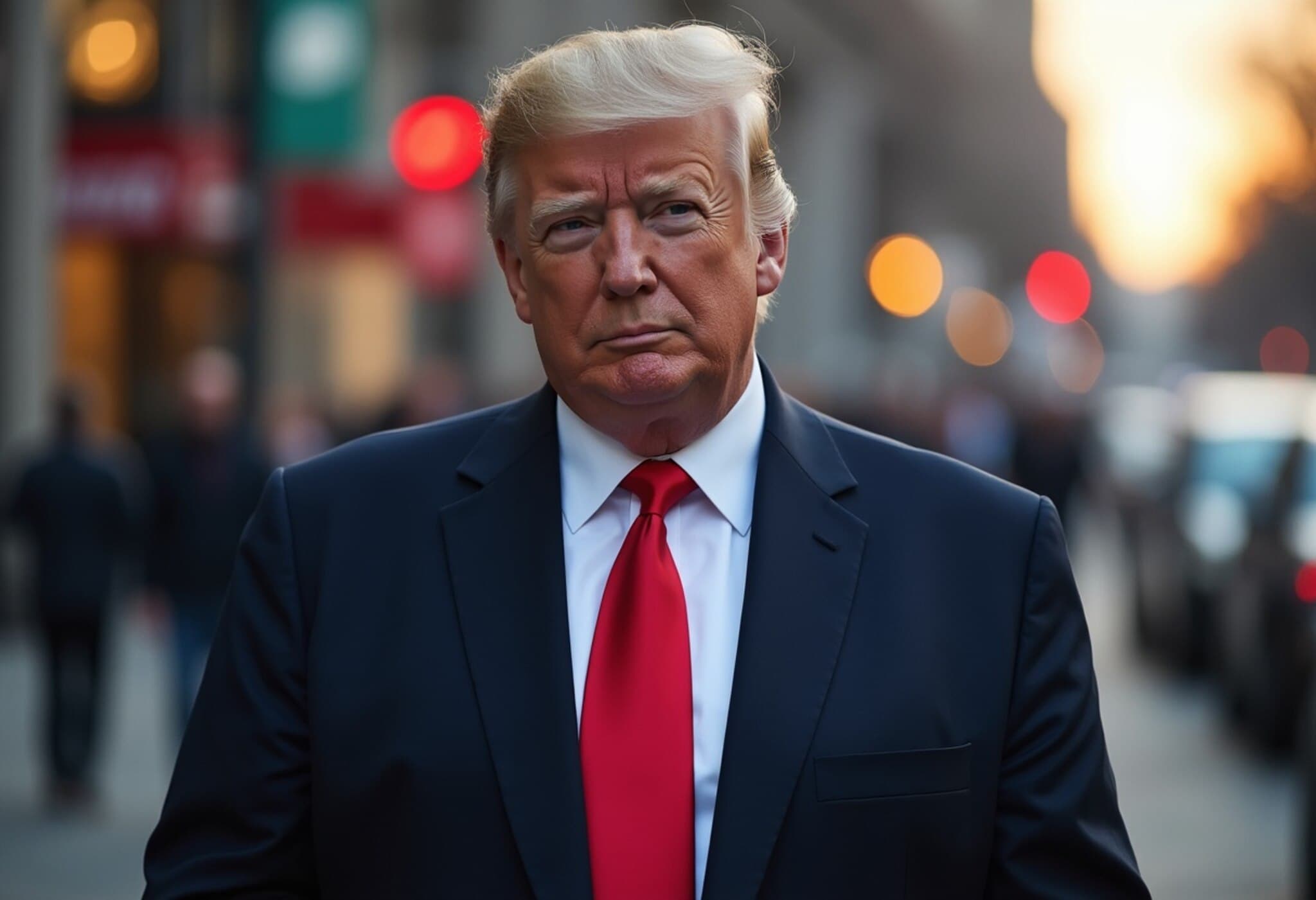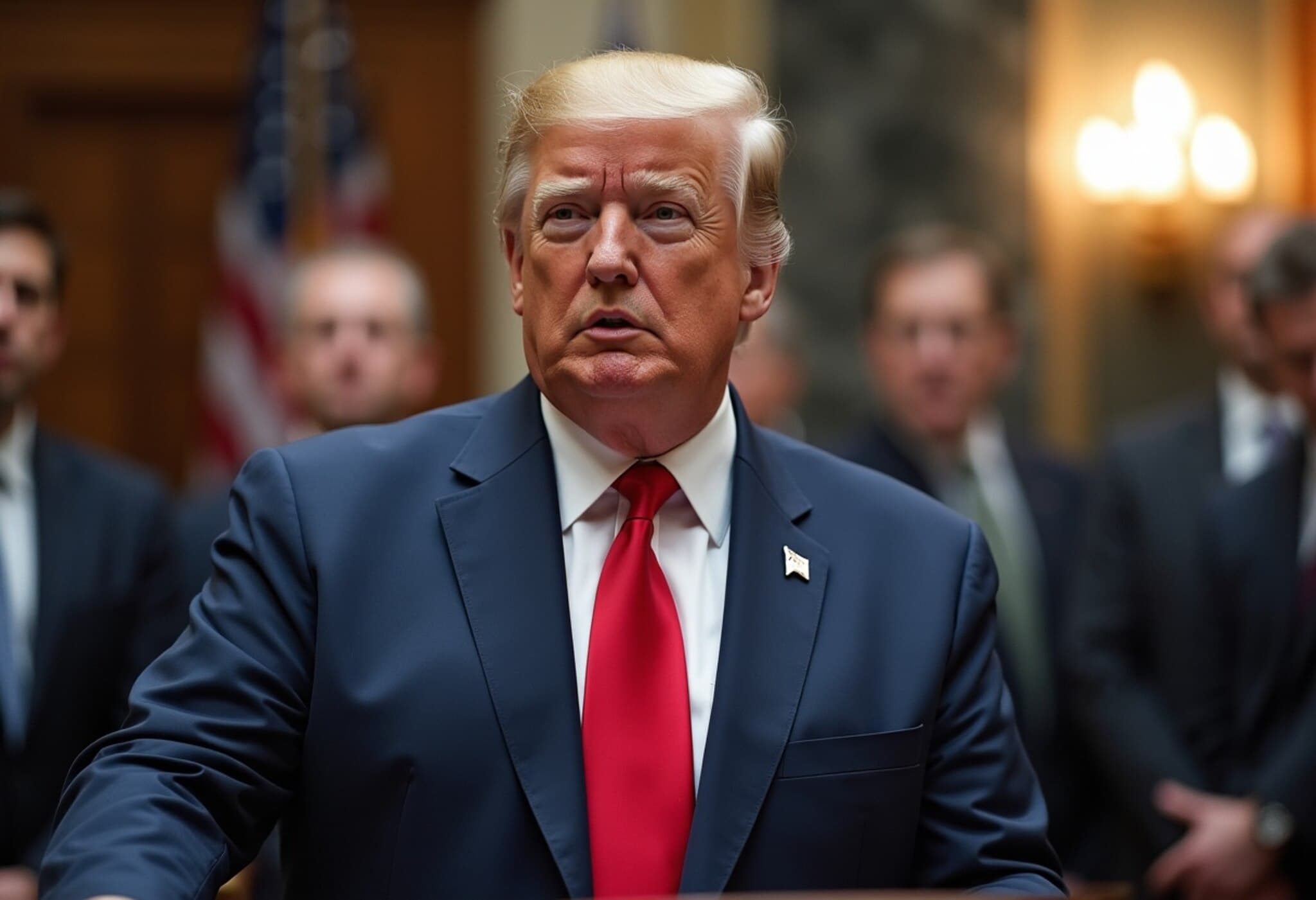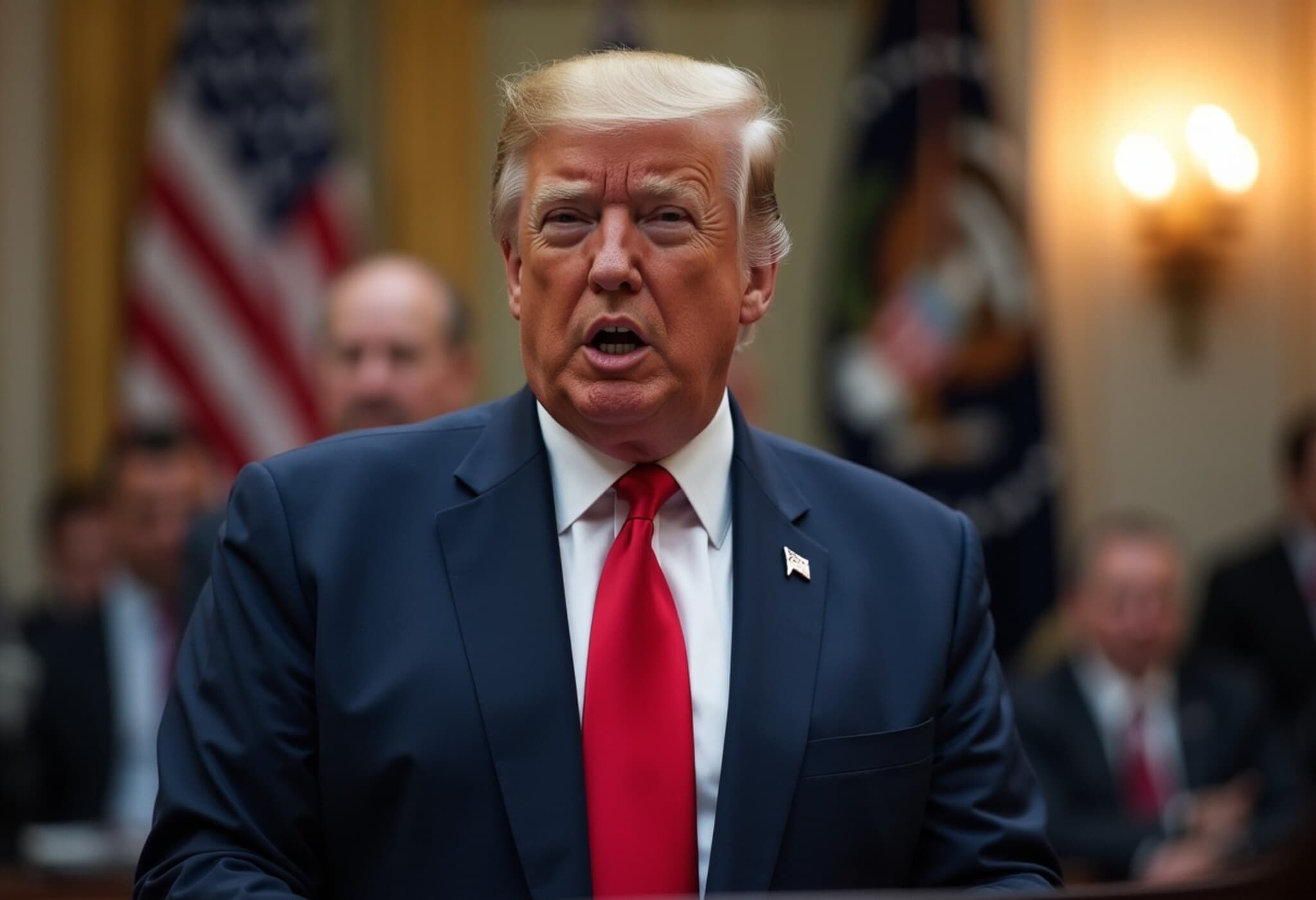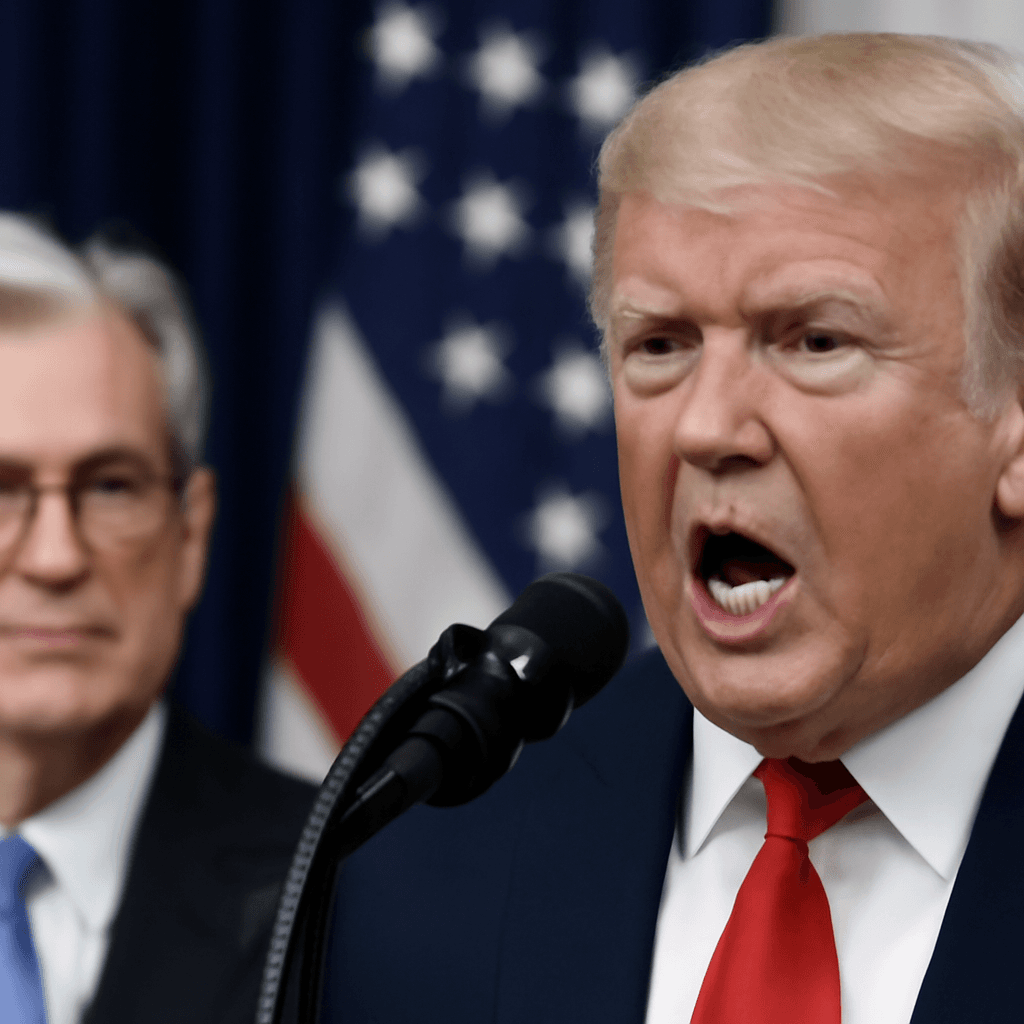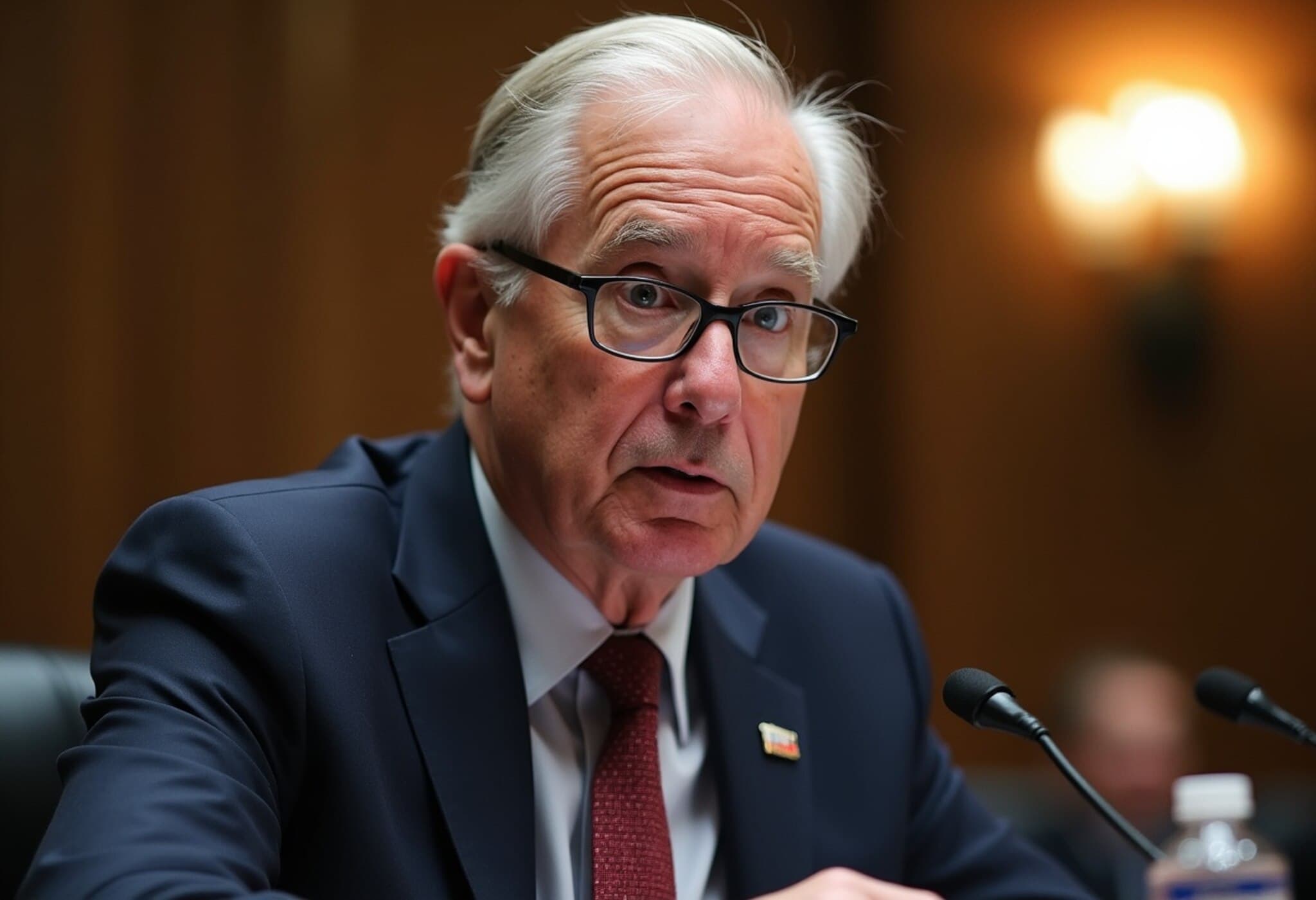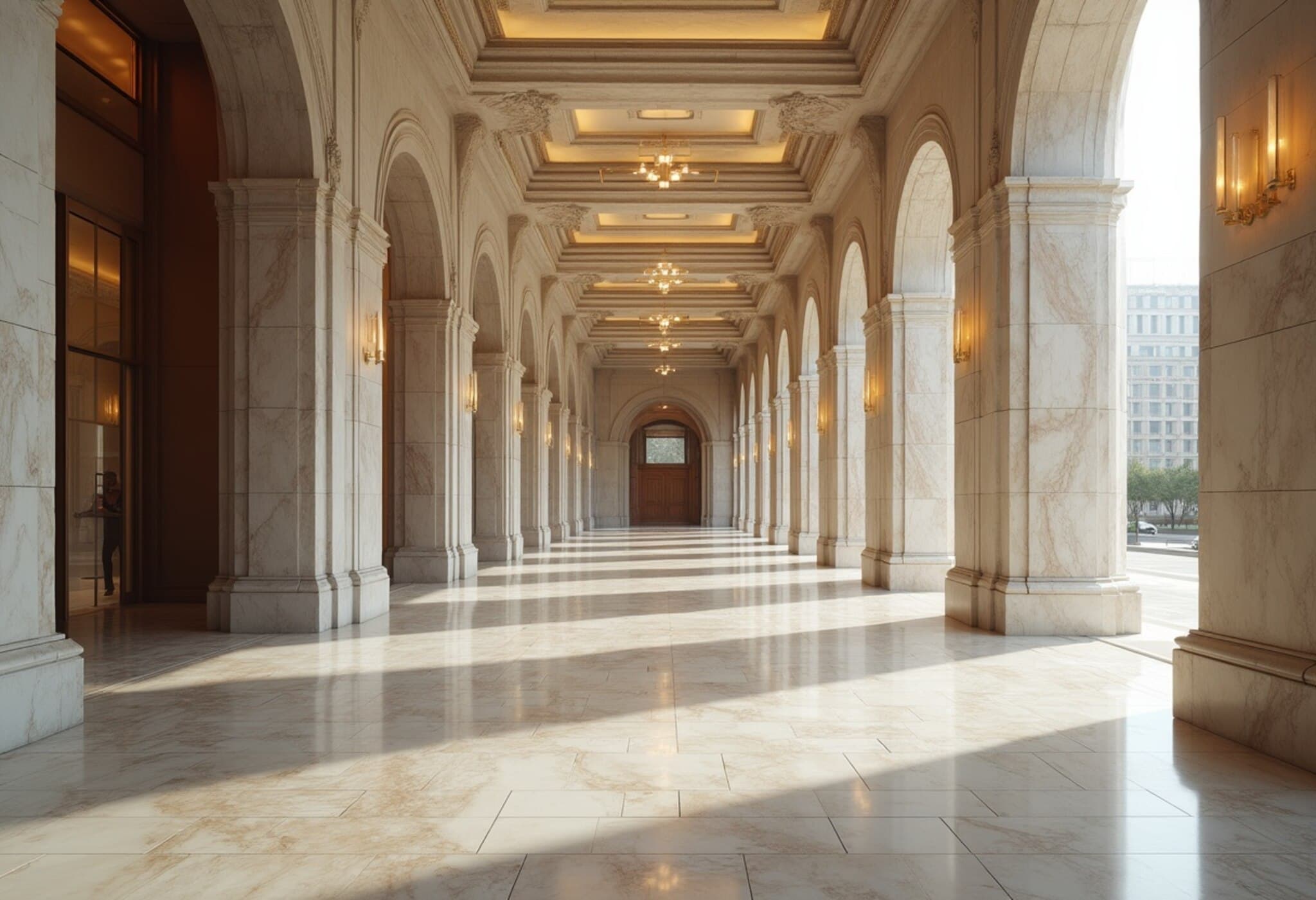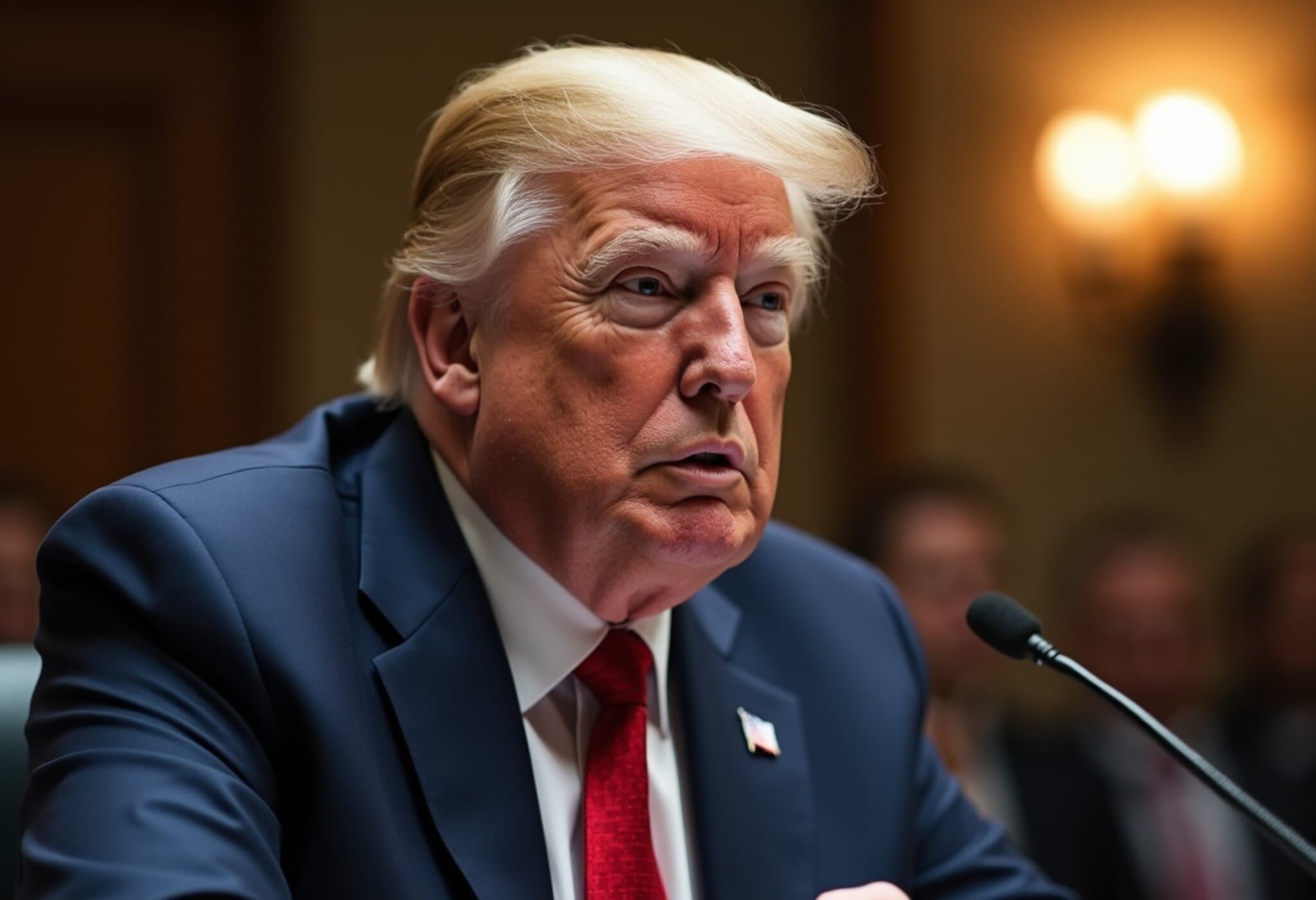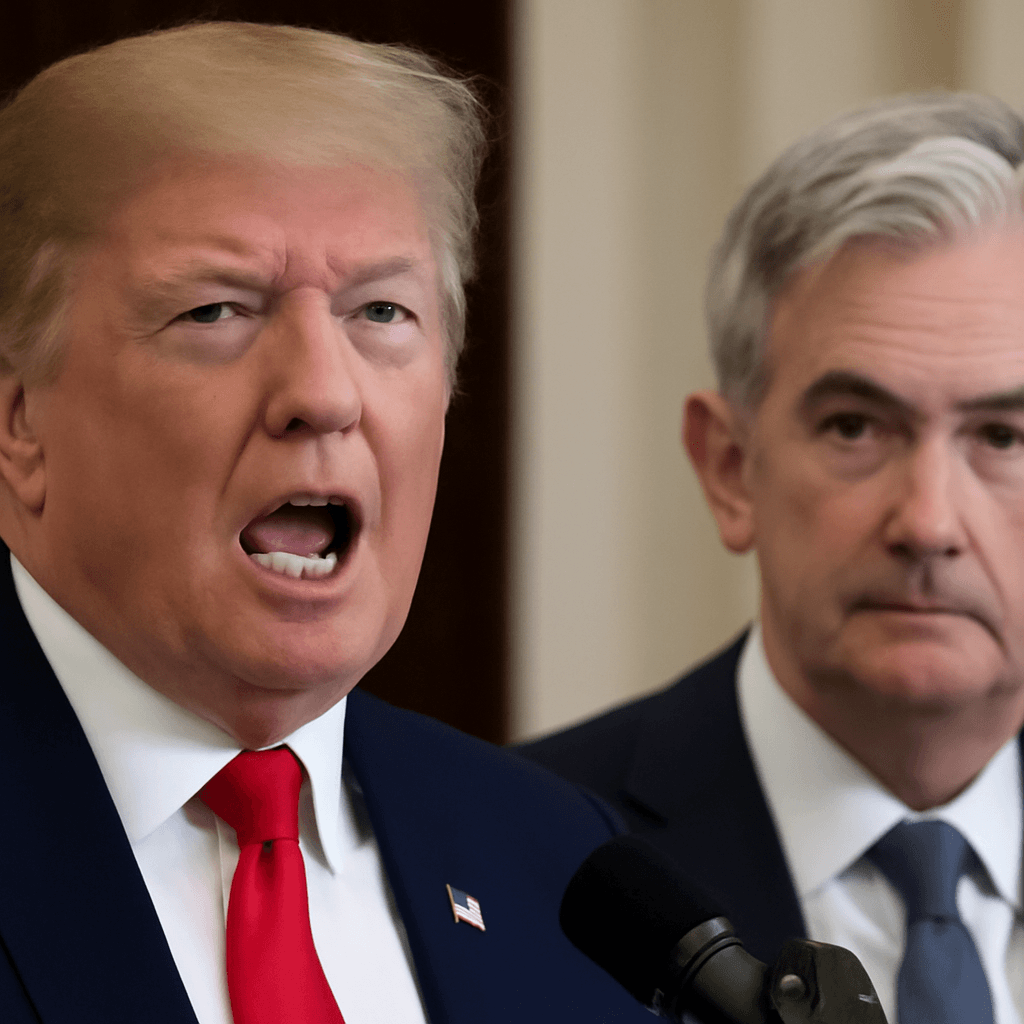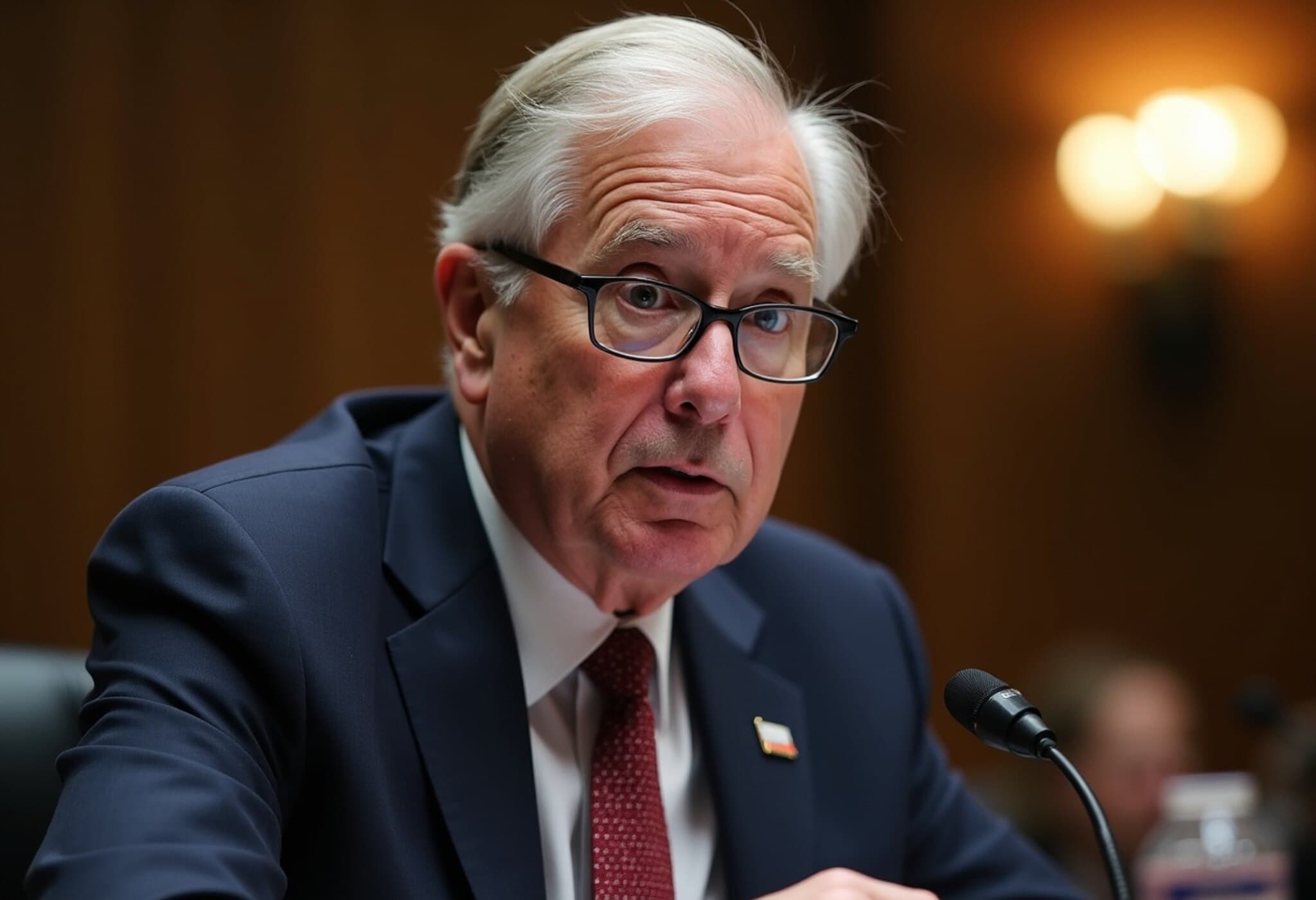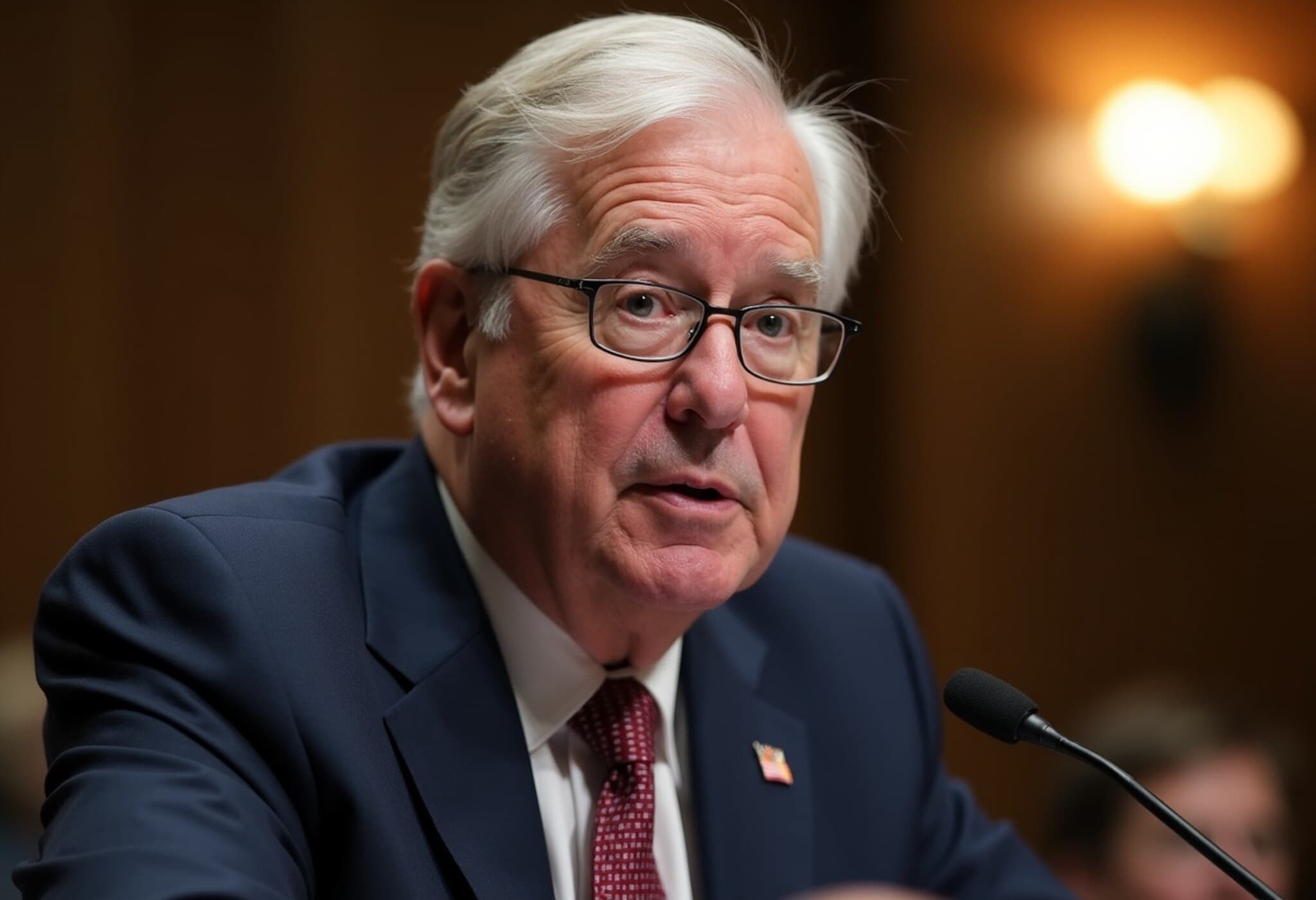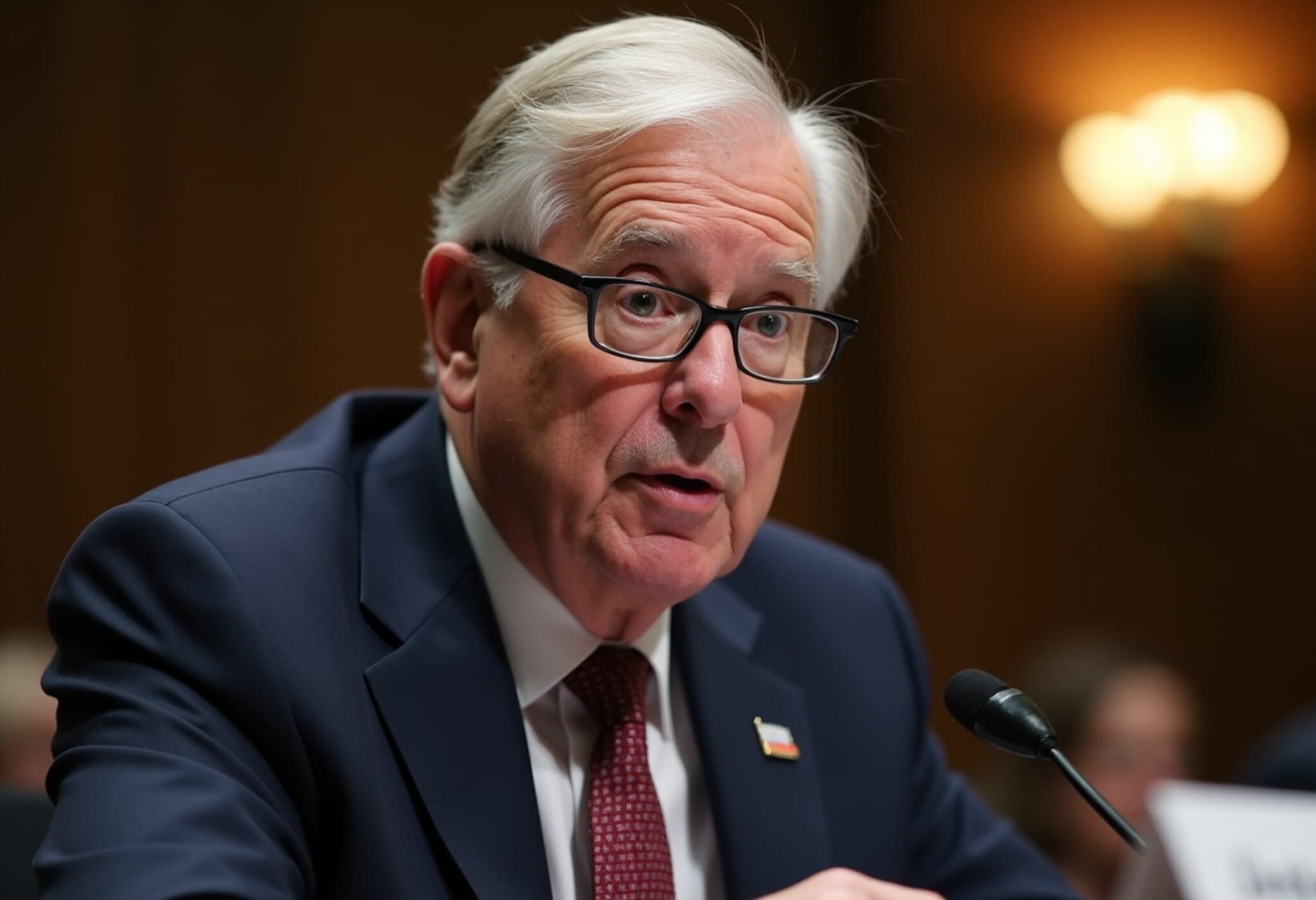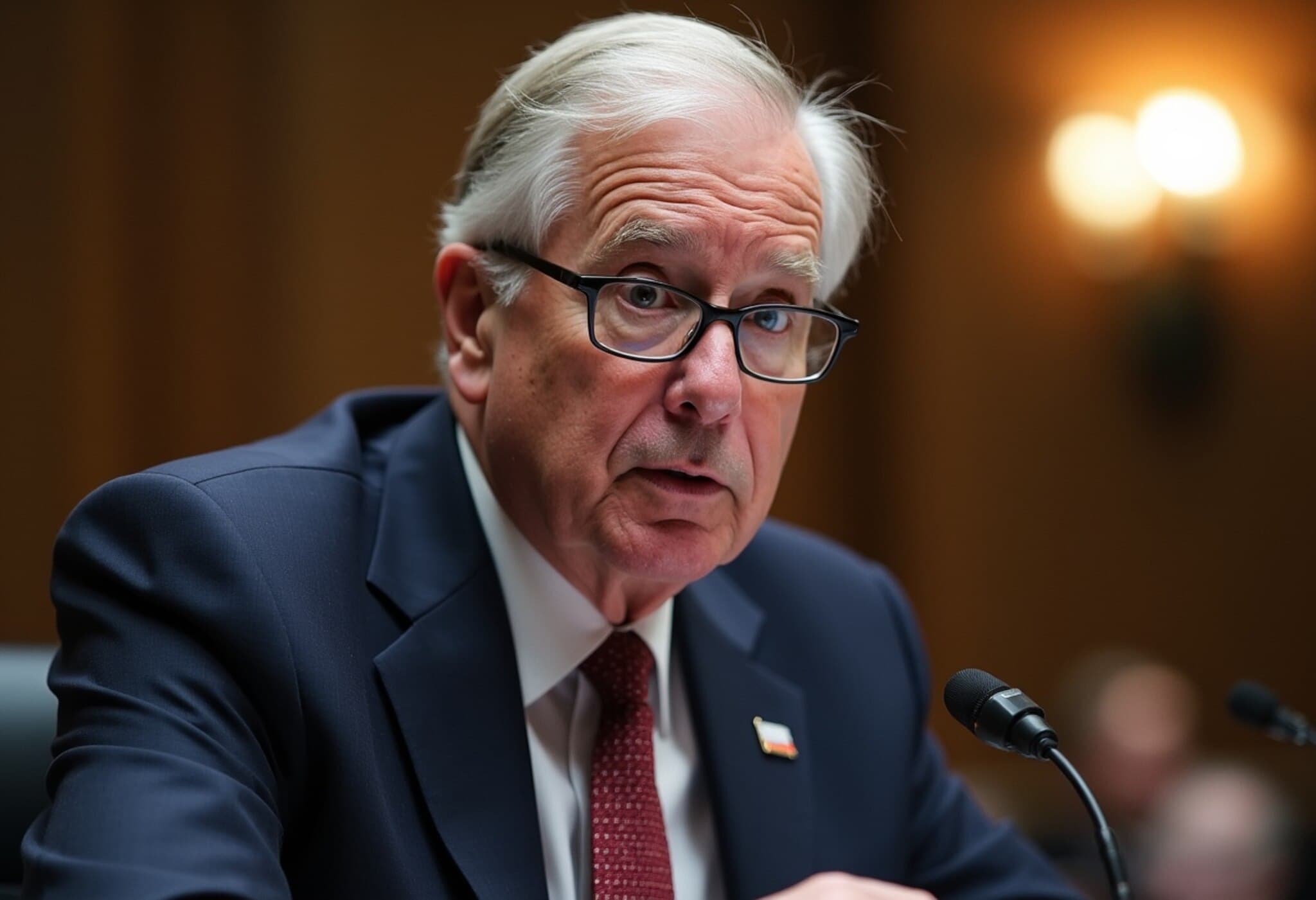Trump’s Budget Chief Intensifies Criticism of Fed Chair Powell Amid $2.5 Billion Renovation Controversy
Russell Vought, Director of the White House Office of Management and Budget (OMB) under former President Donald Trump, has sharply intensified his critique of Federal Reserve Chair Jerome Powell, vowing to launch a thorough investigation into alleged mismanagement concerning the $2.5 billion renovation project at the Federal Reserve’s headquarters in Washington, D.C.
‘Palace’ Renovation Sparks Federal Scrutiny
In a recent interview with CNBC, Vought described the renovations of the Marriner S. Eccles Federal Reserve building as a “palace” rife with unchecked expenditures. He raised serious questions about the project’s ballooning costs and accused Powell of misleading congressional oversight committees about the true scope and price of the upgrades.
“When you see what’s unfolding on the National Mall, this palace’s construction has massive cost overruns exceeding $2.5 billion,” said Vought. He criticized Powell for what he termed “systemic mismanagement” of Federal Reserve resources, suggesting the renovation extravagance reflects broader budgetary and governance failings under the current Fed leadership.
Disputes Over VIP Amenities and Transparency
Vought’s allegations focus partly on details revealed during a recent congressional hearing, where Fed officials reportedly downplayed or denied the inclusion of luxury features such as a VIP dining area and rooftop terrace gardens—key components speculated to be part of the redesign. However, these amenities appeared in official design specifications, intensifying concerns over a lack of transparency.
These accusations come amid a longstanding feud between former President Trump and Powell. Trump has repeatedly accused Powell of failing to lower interest rates timely, framing the Fed chairman’s policy decisions as politically motivated and detrimental to the U.S. economy and federal finances.
Political Appointments and Oversight Shifts
Adding fuel to the fire, Trump recently appointed three new members with direct White House ties to the National Capital Planning Commission—the agency overseeing the Fed building renovations. These appointments include Will Scharf (also White House staff secretary), Deputy Chief of Staff James Blair, and OMB policy analyst Stuart Levenbach, indicating an increased White House drive to scrutinize the project.
Federal Reserve Independence and Legal Complexities
While the Federal Reserve Act grants the institution sole control over its facilities and shielding it from direct congressional control, the controversy raises important questions about fiscal accountability and governance in quasi-governmental agencies. Notably, the Fed operates without direct taxpayer funding, deriving its budget from earnings on its investments, making transparency about expenditures like renovations essential to maintain public trust.
A recent Supreme Court ruling reinforced the Fed’s independence by stating that presidents cannot remove Fed officials at will. However, with these renovation allegations surfacing, some speculate that Trump might attempt to use financial mismanagement claims to justify dismissal for cause—although Powell’s term as Chair runs through May 2026.
Economic Implications Amid Ongoing Interest Rate Debates
Vought stopped short of linking the renovation probe directly to Powell’s stance on interest rates but maintained the broader charge of financial mismanagement. Powell and the Fed have maintained the key overnight borrowing rate since last December, despite market anticipation of cuts later this year.
Trump and his allies argue that persistence with higher rates increases federal borrowing costs, thereby inflating the national debt’s interest payments. This political and economic context renders the renovation controversy more than just a fiscal matter—it symbolizes the tension surrounding the Fed’s policy independence and practical accountability.
Expert Analysis: Governance and Transparency at the Fed
The controversy strikes at the heart of complex debates over the Federal Reserve’s dual mandate: maintaining economic stability while operating with a high degree of independence. Experts caution that public and political pressures might threaten this balance, emphasizing that transparency in operational spending—even on physical infrastructure—is crucial to sustaining credibility.
Dr. Emily Harper, a former Treasury official and expert in federal financial management, observes, “Regardless of political disagreements, it's imperative that the Federal Reserve maintains transparent project management and clear communication with Congress and the public. Oversized and opulent renovations can undermine confidence in an institution that plays a critical role in economic stability.”
What Lies Ahead?
- An OMB-led probe may uncover further details of the alleged mismanagement or vindicate the Fed’s approach.
- Potential legal and congressional inquiries could emerge depending on findings, especially around budget overruns.
- The political battle over the Fed’s direction and Powell’s leadership is likely to intensify as the nation approaches crucial monetary policy decisions.
Editor’s Note
This evolving story unveils more than a financial dispute—it encapsulates the struggle for oversight versus independence in one of America’s most influential institutions. While the renovation’s price tag raises eyebrows, the core issue beckons: How can federal bodies balance accountability with autonomy to uphold public trust without becoming politicized tools? As investigation efforts ramp up, readers should watch for the interplay between fiscal stewardship and economic policymaking in shaping the Fed’s future.

